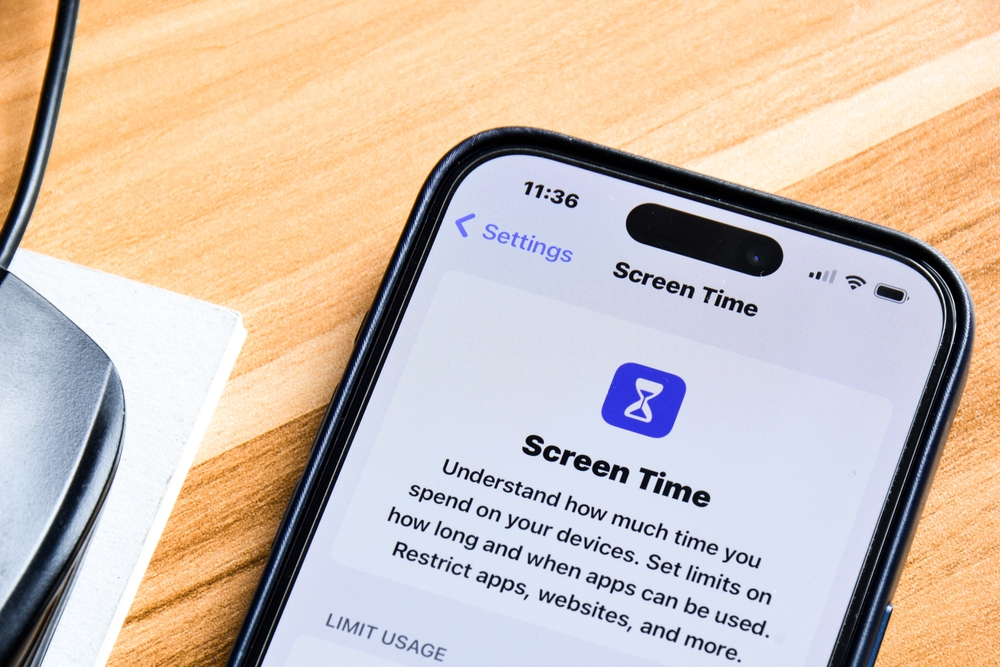Apple has admitted to a decades-old bug in its Screen Time parental control system that allowed children to bypass parental restrictions on viewing inappropriate content online. Although the company corrected the error, many shortcomings remain in Screen Time.

The Bug and Apple’s Initial Response
This problem has existed for about three years. In 2021, security researchers Andreas Jägersberger and Ro Achterberg twice informed Apple that children could easily bypass parental restrictions on visiting inappropriate sites by entering a certain sequence of characters in the address bar of the Safari browser. Both times, they were told that this was not a security issue and that the feature was related to the software, according to The Verge.
It was only after Jägersberger and Achterberg contacted The Wall Street Journal to complain about Apple’s inaction that the company finally acknowledged the bug. Apple soon informed parents that the problem had been resolved in the iOS 17.1 update. However, some parents still experience issues with the application and are unhappy that Apple does not permit identical applications from other developers to be used. We’ll keep you updated as this situation develops.
Ongoing Issues and Calls for Third-Party Solutions
The incident highlighted that iOS’s built-in parental controls are far from perfect. Despite the recent fixes, Apple has limited the use of third-party applications for monitoring children’s activity in iOS, while its own Screen Time solution still contains many shortcomings.
Previously reported errors indicated that the screen time limit settings in Screen Time were not always applied correctly. Although some issues have been addressed in the latest iOS updates, Apple clearly does not pay enough attention to the development and testing of parental control functions, notes NIXSOLUTIONS.
As a result, parents are forced to rely on a single app from Apple, which regularly fails to provide an adequate level of protection for children on the Internet. Experts are calling on Apple to give third-party developers access to the API to create alternative and better parental control apps for iOS. Apple has not yet commented on this matter.
